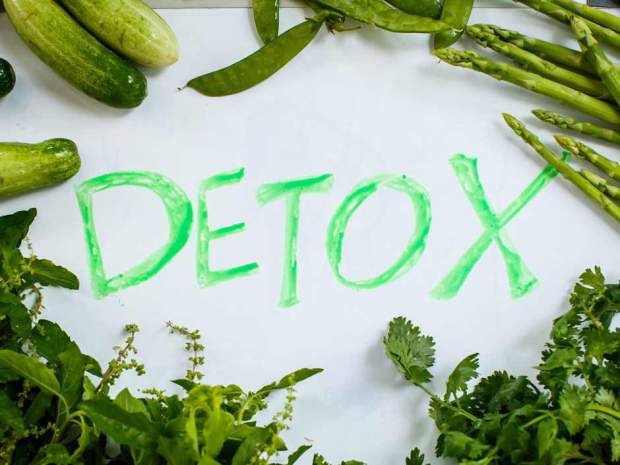1. YOUR CLUTTER
Sure, you’re resting up by not cleaning, but that might be causing you to feel even more fatigued: A Princeton University Neuroscience Institute study found that a messy, unorganized environment causes you to expend mental energy on stress, which increases your exhaustion.
2. YOUR BLUE WALLS
A study by Travelodge investigated bedroom colors in 2,000 homes and found that blue walls help slow down your heart rate, reduce your blood pressure, and make you feel sleepy. Good for your bedroom, bad for everywhere else in your home.
3. YOUR TV
And your tablet screen. Both exude blue wavelengths that suppress your brain’s production of melatonin (the chemical that makes you feel tired and helps you fall asleep), meaning you’re more likely to have shorter disrupted sleep, causing you to be tired the next day.
4. YOUR COFFEE MAKER
Even though this gadget is a life-saver in the mornings, come the afternoon or evening it might be the reason you’re dozing off during dinner. While caffeine is a stimulant and it does increase your energy, that effect wears off over time and leaves you feeling worse later. Or, you might have just (not) won the genetic lottery — depending on your metabolism, caffeine might actually just make you sleepy.
5. YOUR BAR CART
That nightcap might help you fall asleep faster, but the quality of sleep you’ll get after a glass of red wine is sub par — expect a restless night and to wake up more often, which you’ll definitely feel the next morning when it’s nearly impossible to crawl out of bed.
6. YOUR LAVENDER CANDLE
Sure, this scent is super relaxing, but for that same reason it might be making you tired. Psychologists at Wesleyan University found that people who sniffed this smell before bed slept more soundly — so you don’t have to ditch it entirely, but maybe stick to mint- or citrus-scented candles during the daytime and lavender as a pre-bedtime ritual.
7. YOUR FAVORITE JUNK FOOD
Put down the potato chips: Foods loaded with simple carbs and sugar result in frequent blood sugar spikes, followed by sharp drops that will make you feel tired over time.
8. YOUR LOW THERMOSTAT SETTING
Studies found that the optimal temperature for sleep is actually pretty cool at 60 to 68 degrees Fahrenheit — so if you keep your home chilly you might find yourself feeling ready for a nap during the day instead of your jam-packed schedule.
9. YOUR CELL PHONE
For the same reason this gadget is super addictive (constant communication!), it’s making you tired during the day: A study by the National Sleep Foundation found that 20 percent of people between ages 19 to 29 were woken up by a call, text, or email at least a few times a night. That interrupted sleep makes for a groggy day after.
10. YOUR DRAWN CURTAINS
One study about workers with offices with windows verses those without found that people who were exposed to natural light all day long on average slept 46 more minutes per night. The same goes for your home: More natural light will help you sleep better at night and feel more rested the next day.


